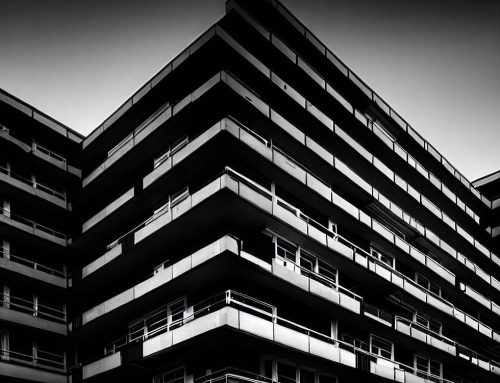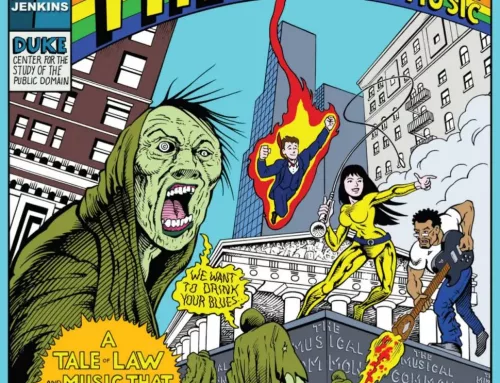Do venues not pay enough?
This is a common question that many musicians ask themselves when they are offered gigs that seem to undervalue their work. However, before jumping to conclusions, it is important to consider the different types of venues and their business models.
- Some venues are privately owned and operate on a profit-driven basis. They have to cover their costs and make a reasonable income from their activities. These venues may not be able to afford to pay musicians a high fee, especially if they are not sure about the audience turnout or the quality of the performance. In this case, it is up to the musicians to negotiate the best deal they can, or to decline the offer if they feel it is too low. Alternatively, they can rent the venue themselves and take the risk of organizing and promoting their own show.
- Venues that are subsidized by the government, which means they receive public funding to support their activities. These venues have a different responsibility, as they are supposed to promote culture and art in society. Therefore, they should pay musicians according to an industry standard, which reflects the value and quality of their work. But what is this industry standard? How is it determined? Who sets it? These are important questions that need to be answered, if we want to have a fair and transparent music industry.
Performance space these days is a tricky thing. But to attack privately owned venue owners is the wrong way. The energy should be directed towards building performance spaces that are not “million dollar opera halls, stadiums and theatres” How about musicians cooperate to build a lobby to push public performance spaces for “small acts” forward?
And here lays the issue, I think no musician really wants to put the effort into such a direction. I don’t. My focus is certainly somewhere else. Why should anyone else care about creating space for individual groups or artists? The classical art is represented by a lobby. They make sure that they have performance space. Jazz is more and more organised and claims a part of the pie, ergo… they get more and more subsidy to run their houses, halls, and clubs. You see where I am going here?
Next time you get angry about a venue not paying “appropriate”, think a little harder about what the real problem” is. It is a “want to be industry”, without organisation and not represented properly within the society. And right now, all over the world, it becomes more visible than ever before.
Performance space is a tricky thing these days, especially in the wake of the pandemic that has affected many live events but to attack privately owned venue owners is the wrong way. The energy should be directed towards building performance spaces that are not “million dollar opera halls, stadiums and theatres”. Musicians should cooperate to build a lobby to push public performance spaces for small acts forward. By this, I mean that musicians should advocate for more funding and support from the government and other institutions to create venues that are accessible, affordable, and diverse. These venues could be community centers, libraries, schools, parks or any other public spaces that can host live music.
And here lays the issue, I think no musician really has the time or interest to engage in such lobbying activities. I admit that I am one of those musicians who would rather focus on my own music than on politics or bureaucracy. But this attitude is part of the problem. If musicians do not care about creating space for themselves and others, why should anyone else?
Classical music and Jazz are both genres that have established lobbies that represent their interests and ensure that they have performance space. Both genres have also benefited from more subsidies and recognition from the public sector, which helps them run their venues and attract audiences.
Next time I suggest thinking harder about what the real problem is when complaining about venues not paying appropriately. I suggest that it is not a matter of greed or exploitation by venue owners, but rather a lack of organisation and representation by musicians themselves. I also warn that this problem is becoming more visible than ever before in the current situation, where many venues are struggling or closing down.



